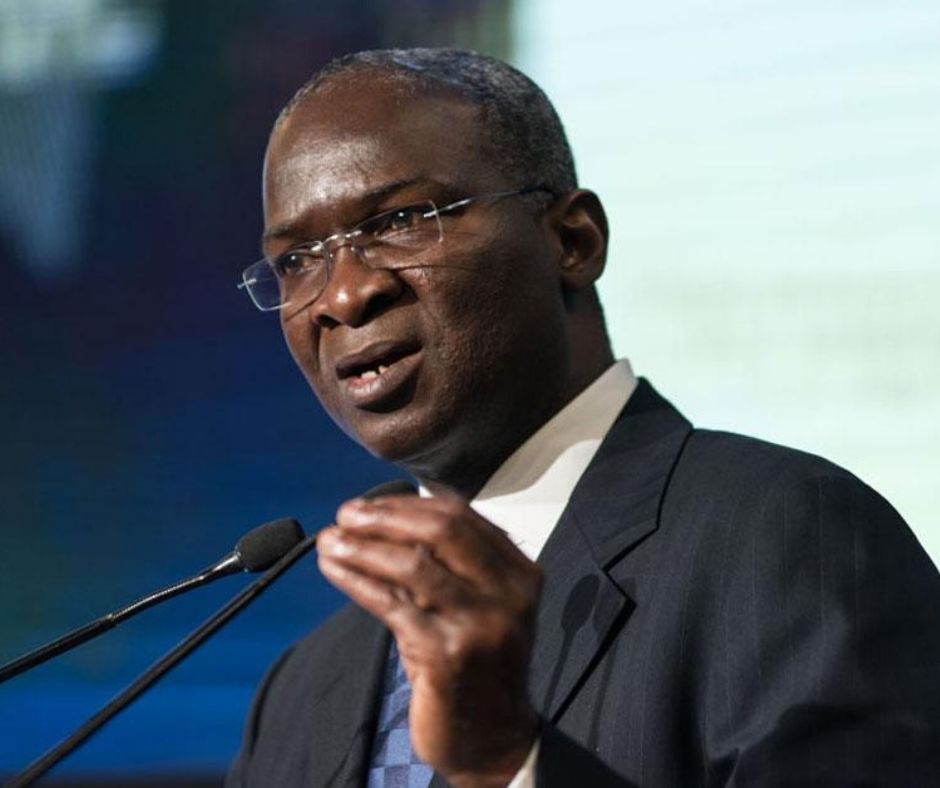The Minister of Works and Housing, Babatunde Fashola, has dismissed claims that Nigeria has 17 million housing deficit.
Fashola spoke Thursday during the weekly ministerial briefing organised by Presidential Communication Team at the Presidential Villa, Abuja.
- Credit facilities skewed against women farmers – ActionAid
- ALGON rates Gov Ugwuanyi highly on peace, security
He said the National Bureau of Statistics and some international organizations, including the African Development Bank that he consulted, confirmed that the Nigerian housing deficit reports were incorrect.
According to him, the fact that people left their houses in the rural areas to squat in the cities does not amount to housing deficit in the country.
He said: “It’s illogical to say we have that housing deficit when you have empty houses. No such deficit exist anywhere in the world.”
Fashola said the actual housing deficit in Nigeria could not be ascertained until another census was conducted in the country.
He said: “We’re not in a housing crisis and this is the subject of a full discussion. My take is that the housing shortages, essentially, in all parts of the world, are in the urban centers and not in the rural areas. So, it’s a problem that has come as a result of urbanization. People move from rural to urban centres and create a supply and demand problem.
“You’ll find that many of the people in urban centers like Abuja, Lagos, Kaduna, Abeokuta, etc, seeking to squat with somebody or trying to rent a house, have an empty home in his village.
“In the urban center again, you’ll see there are still empty houses. We’ve to discuss housing on two paradigms of ownership and rentals, because no nation provide free housing for its citizens.”
Fashola said: “One of the things we try to address is to urge states to intervene in the management of rents. So, as long as people still have to pay three years rent from salaries that are earned monthly in arrears, there’ll still be problems of affordability.
Asked when the government would begin to toll the federal roads, Fashola said the new policy would come into force after the approval by the Federal Executive Council.
He said despite the present administration’s achievements in infrastructure, budget deficits were posing challenges.

 Join Daily Trust WhatsApp Community For Quick Access To News and Happenings Around You.
Join Daily Trust WhatsApp Community For Quick Access To News and Happenings Around You.


